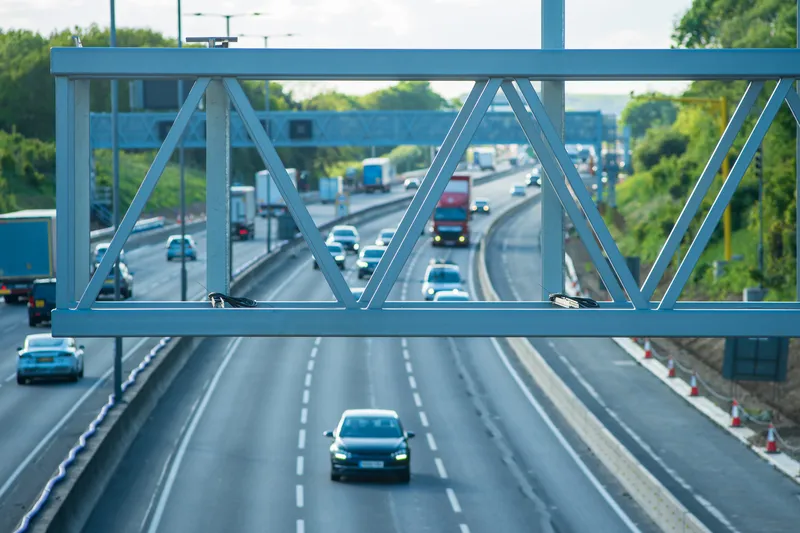
Smart motorways use the hard shoulder as an extra lane with the aim of improving traffic flow – but motoring organisations and safety groups have raised concerns that this puts drivers and breakdown assistance teams at risk.
The BBC says drivers who break down can be trapped in speeding traffic.
Panorama sent a Freedom of Information request to Highways England, which revealed the number of ‘near misses’ on a section of the M25 motorway around London has increased 20-fold since the hard shoulder was removed in 2014.
There were 72 near misses in the five years before the road was converted into a smart motorway – but this increased to 1,485 in the five years afterwards.
Additional findings revealed that one warning sign on the same stretch of the M25 has been out of action for 336 days.
Transport secretary Grant Shapps emphasised the need to fix smart motorways because they are too confusing for drivers.
"We absolutely have to have these as safe or safer than regular motorways or we shouldn't have them at all,” he told Panorama.
The government is to publish a review which is expected to provide safety recommendations.
Meanwhile a separate group of MPs will publish its own report calling for a halt to further smart highways until more research can be carried out into their safety.
Highways England says plans to expand smart motorways were approved by ministers and is gathering facts about safety.
A spokesperson is quoted as saying: "Any death on our roads is one too many, and our deepest sympathies remain with the family and friends of those who lost their lives."









